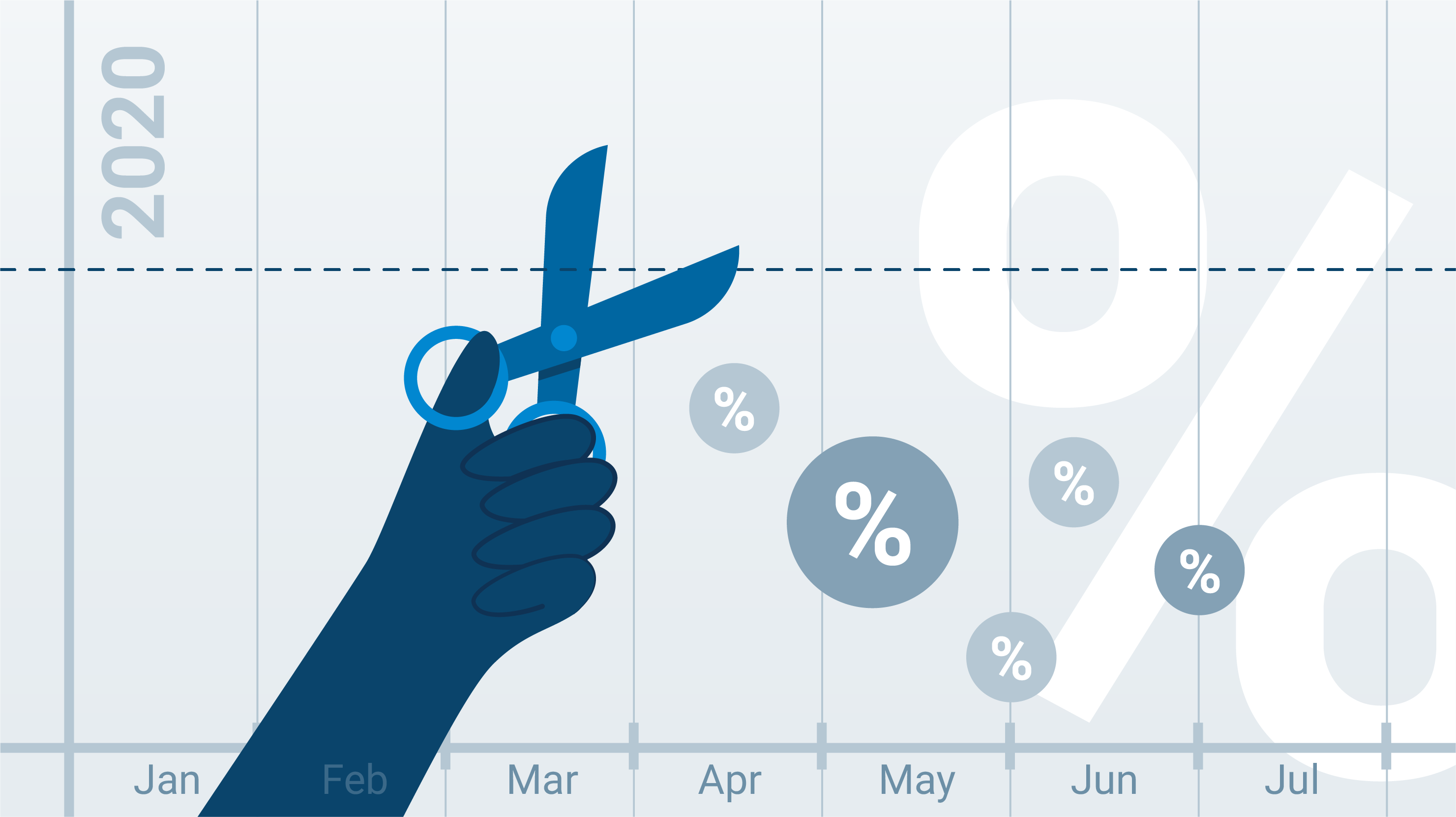By: Penelope Graham, Zoocasa
In rapidly appreciating Canadian housing markets, there is no figure more vilified than the real estate investor. Whether a foreign buyer who edges out locals only to leave a property standing empty or a domestic speculator driving up condo prices via assignment sales, investment practices are a popular scapegoat for crumbling affordability and frantic buyer competition.
Those who purchase real estate without the intention of dwelling in it have become such a point of discussion that various levels of government have taken out measures to stem activity; last August, the British Columbia Liberal government imposed a 15 percent tax on home purchases made by foreign buyers, a move mimicked by the Ontario Liberals this April. The Ontario Fair Housing Plan also targets what provincial Finance Minister Charles Sousa calls “property scalping” or “paper flipping”, working in tandem with the Canada Revenue Agency to strengthen reporting requirements to ensure proper taxes are paid on homes sold on assignment.
“Those who go into new developments buy up a slew of properties, and the flip them while avoiding paying their fair share of taxes,” he stated publicly at the time.
The Bigger Data Picture
One of the biggest challenges in addressing investor activity, however, is the lack of data collected thus far by the provincial and federal governments on the practice. While the federal government announced $241 million for the creation of the Housing Statistics Framework database – a record of all properties bought in sold, collected via the Canada Mortgage and Housing Corporation – in their March budget, the reality is a concrete understanding of the extent of investor activity has yet to be gleaned.
Backlash from Real Estate Boards
The implementation of the Plan without solid data drew condemnation from the Toronto Real Estate Board who, using an assessment of land registry data in Ontario, Municipal Property Assessment Corporation, and Teranet found instances of foreign buying to be low throughout the Greater Golden Horseshoe, with the number of buyers with a non-Canadian mailing address “well below” one per cent each year between 2008 and 2017.
The average share of foreign buyers in the region was 2.3 per cent between 2008 – 2015, and dipped to 2.2 percent in 2016, and rose to 2.6 percent between January and April of this year. TREB also finds 90-plus percent of such buyers purchase homes to live in, not as investments.
The Ontario Ministry of Finance then countered TREB’s findings, defending their decision to tax foreigners purchasing property in Ontario. In a statement given to the CBC, the province wrote, “the residency of many individuals captured in the data set is unknown and, as a result, this is not a reliable way to determine the number of non-residents participating in the housing market.”
Report Sheds Light on Canada’s Real Estate Investors
So who are the investors participating in the Vancouver and Toronto real estate markets? To shed light on the issue, Zoocasa surveyed over 1,000 Canadians as part of the inaugural 2017 Housing Sentiments and Trends Report, on the extent of their investment activity.
According to the data, it’s no wonder real estate investment is such a popular practice in Canada: a full 60 percent of respondents agreed that purchasing a home is better than investing in the stock market, with another 25 percent believing it has a better payoff than an MBA or other post-graduate degrees.
As well, the number of respondents who indicated they owned at least one investment property was relatively modest, at 12 per cent. Of those, one fifth own two homes, and only 13 percent own three or more.
Our respondents also indicated that higher-income individuals and couples were most likely to include real estate in their investment portfolios, with 28 percent reporting a household income between $100,000 and $149,000. Nineteen per cent of investors earn $200,000 and up.
Respondents who invest also tended to skew older, with 60 percent aged 40 or older, perhaps suggesting access to decades of built-up equity, proceeds from downsizing from the family home or cashing out of rapidly accelerating markets. Detached homes proved most popular, being the choice of 35 percent, while high-rise homes – such as Mississauga condos and Toronto condos – are the choice of 30 percent of investors.




